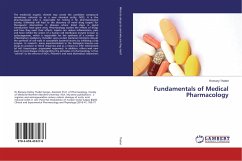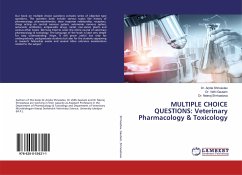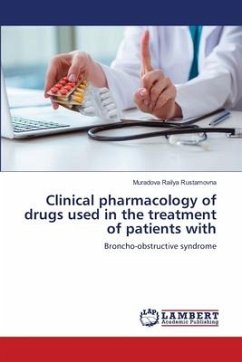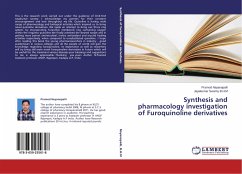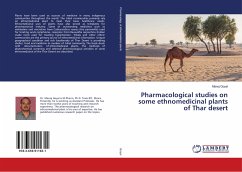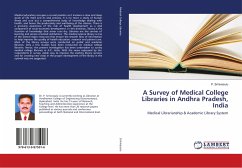The medicinal/ organic chemist may create the candidate compound (sometimes referred to as a new chemical entity, NCE), it is the pharmacologist who is responsible for testing it for pharmacological activity. Ultimately will lead to the discovery of novel drug targets for therapeutic intervention in diseases where distal steps in signal transduction have gone awry. Pharmacology studies the effects of drugs and how they exert their effects. Aspirin can reduce inflammation, pain and fever inhibit the action of a human cell membrane enzyme known as cyclooxygenase, which is responsible for the synthesis of a number of inflammatory mediators. Penicillin cures certain bacterial infections disrupt the synthesis of cell walls in susceptible bacterial strains by inhibiting a key enzyme. In research, many experimentalists in the biological sciences use drugs to produce or block responses and as a means to infer mechanisms (of cell, tissue/organ, organismal responses). In addition, others seek new ways to treat disease Understanding the principles of pharmacology is thus "central" to the efforts of MD's, PharmD's and most biomedical researchers
Bitte wählen Sie Ihr Anliegen aus.
Rechnungen
Retourenschein anfordern
Bestellstatus
Storno

